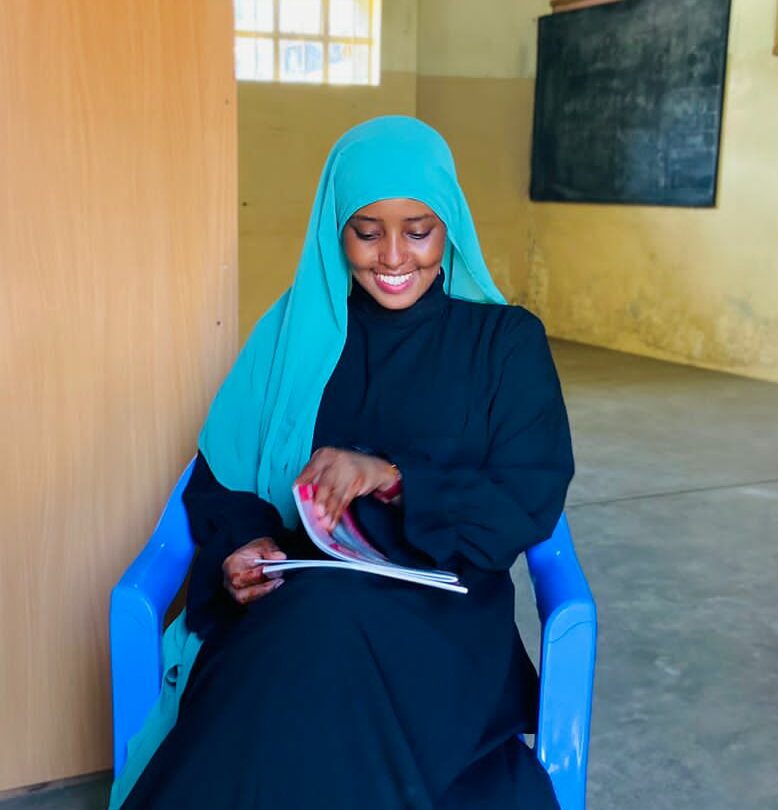At Save a Girl Save a Generation, we are committed to working from within the communities because we believe that the people themselves can bring about sustainable, long-term changes. To achieve this, we have an office in the Eastleigh neighborhood of Nairobi, which is home to many communities practicing Female Genital Mutilation (FGM).
Some characteristics of this population are as follows:
- Refugee Status: Many women in Eastleigh come primarily from Somalia and some from Ethiopia, cultures with high rates of FGM. Most of them have spent some time in refugee camps in Kakuma or Daadab and do not possess national identification documents, leading to an unknown and confusing administrative status.
- High Level of Illiteracy: Formal education has been, and in some cases still is, restricted for women. As a result, many women in Eastleigh are illiterate and only speak their native languages (Somali, Oromo), making it challenging for them to communicate in the local language (Swahili, English).
- High Unemployment Rate: Many of these women are homemakers or have occasional jobs, such as selling food or clothing on the streets, which leaves them in an economically precarious situation.
- Unstable Family Situations: Most arrived in the country with husbands and children but are now alone with their daughters and sons, either due to divorce or abandonment by the other parent. Some are still married, and on average, they have five children each.
- Forced Marriages: The majority of them are survivors of forced marriages. In many cases, they are married due to circumstances such as poverty, war or as a solution to their personal and family difficulties, as the culture and tradition dictate that the husband will provide for the family, making marriage seem like the only way out for women.
- Social Isolation: Despite living in Nairobi, they rarely venture out of Eastleigh due to language barriers and infrequent interaction with people from other communities. In most cases, they are prohibited from marrying men from other communities.
- Vulnerability to Law Enforcement: Due to language and administrative issues, these women are not in a good position to report any violence they may experience, making them more exposed and vulnerable to violence.
- Psychological/Emotional State: All of these conditions contribute to a state of insecurity for these women, resulting in low self-esteem, anxiety, depression, and more.
These women come from communities practicing Female Genital Mutilation (FGM), and almost all of them are survivors of FGM, often of type 3, infibulation (complete removal of the female genital organs – clitoris, labia majora, and labia minora, followed by suturing, leaving a small opening).
Given these conditions, these women live in a highly vulnerable situation. That’s why our organization’s social worker, who belongs to the Somali community in the neighborhood, provides psychosocial support at the office, including:
- Psychological support
- Referral and accompaniment to other resources and organizations (hospitals, police, training programs, financial support, legal advice, etc.)
- Social support
In addition to the personalized support provided to women and families in the office, we use the information gathered from these encounters and interviews to understand better Female Genital Mutilation (FGM) and the violence experienced by women. We develop our programs based on this information.
Since January, we have assisted 40 women at our office, providing individualized support and specific resources for each case. We continue to monitor their progress and needs.

